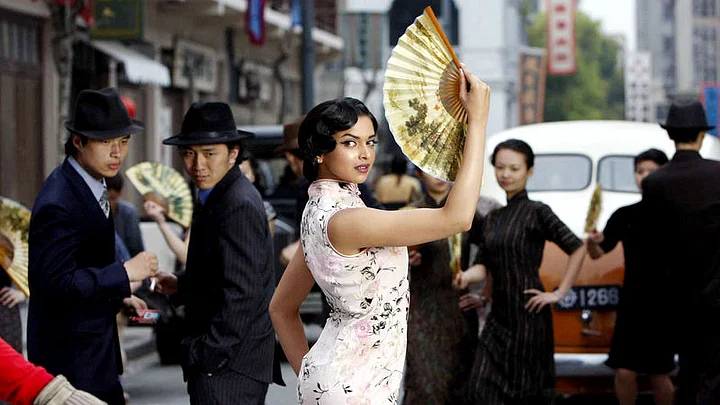Bollywood had done it again - bridging language and countries. The one movie almost everyone in China seemed to know and love was 3 Idiots. Every time I asked why this movie was so loved, the answer was the same — millions of young Chinese students face the same competition, pressure and struggle for a career as Indian students do. These obvious similarities got me thinking that as neighbours with developing economies, a staggering population, and similar problems, China and India should have lots in common, right? But the reality is a bit of a mixed bag. Here’s what I got asked often, or observed were different from, or just like my country as an Indian living in Shanghai.
“No common language? How does your country work?!”
Somehow that was always the first question I was asked in China. And honestly, explaining that a country of 1.2 billion somehow managed without having one common language wasn’t easy. China prides itself on being a country tied together by one language. Everyone speaks Mandarin and even in a financial capital like Shanghai, the use of English is strikingly limited — I once asked the hotel for an electric kettle and was sent a hairdryer instead!
“I can Dance Bollywood!”
Dance has few boundaries but there are few things as strange as seeing classic Bollywood jhatkas and matkas being skilfully executed by a street side dumpling seller in Shanghai! A self-professed lover of Bollywood dancing (and yes, 3 Idiots was his favourite movie too) he immediately broke out into a dance on hearing that I was from India. In case you’re wondering, showing him some moves got me a lot of free dumplings. Oh Bollywood, bringing strangers together since forever.
A Queue is Just a Suggestion
It’s not that India and China aren’t similar in many ways — our attitudes towards family, our love for loud mealtimes and hard bargaining are just some of the things that we have in common. But nothing made me, as an Indian living in Shanghai, feel more at home than seeing the Chinese queue jump. Just like in India, “cutting the line” in China is an art form requiring pushing, shoving and a high degree of shamelessness. Then again, once you’ve survived India’s rush hour, nothing seems strange.
Sanitation Situation
Of all the questions I could have expected to be posed by a young consultant in China, toilets never featured on the list. To my utter surprise, she sheepishly explained that “everyone” in China had heard that Indian brides were refusing to marry men without a bathroom in the house. Surely made one wonder what sort of other stories about India were doing the rounds in China!
The Great Chinese Firewall
Our biggest difference perhaps is how we view the government — China does not encourage dissent at all. Unlike the stereotypical “argumentative Indian”, many Chinese I spoke to did not even want to publicly criticise the government’s policy of net censorship. Facebook, Twitter, Blogspot and the New York Times are just some of the sites blocked by the Great Chinese Firewall. The IM app of choice is Weibo — Modi just joined!
“You’re from India? Can we take a picture with you?”
Much like the way we view China, the average Chinese views India as a fascinating mix of the vaguely familiar and the utterly unknown. They find us a curious country, loud, interesting, chaotic and strange, with a history as old as theirs. Given the interest in each other’s countries, hopefully the next few years will see India and China finding more movies to love together!
(At The Quint, we question everything. Play an active role in shaping our journalism by becoming a member today.)
